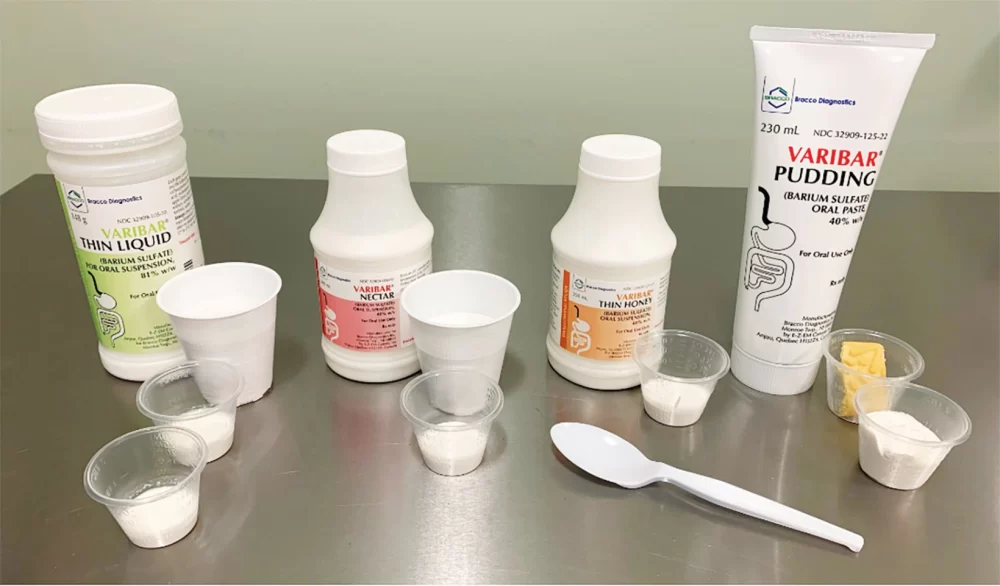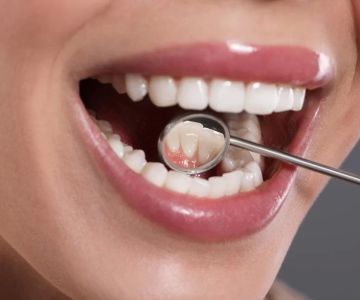
Understanding Barium Sulfate and Its Use in Medical Imaging
Barium sulfate is a commonly used contrast agent in medical imaging, especially for gastrointestinal studies such as barium swallow tests, upper GI series, and enemas. Patients often wonder if does barium sulfate oral check kidney function or pose any risks to kidney health. This article explores the role of barium sulfate in diagnostic procedures, its safety profile, and its relationship to kidney function.
1. What Is Barium Sulfate and How Is It Used?
Barium sulfate is an inert, white powder that is mixed with water to create a thick suspension for patients to swallow or receive via enema. It coats the lining of the digestive tract, making it visible on X-rays and CT scans. This contrast helps doctors diagnose conditions like blockages, ulcers, tumors, and motility disorders.
Because barium sulfate is not absorbed into the bloodstream, it remains within the gastrointestinal tract until excreted. This property makes it ideal for imaging the esophagus, stomach, and intestines.
2. Does Barium Sulfate Oral Administration Check Kidney Function?
Unlike certain contrast agents used in CT scans or MRIs, such as iodinated or gadolinium-based compounds, barium sulfate is not designed to evaluate kidney function. It does not enter the bloodstream and therefore has no direct role in assessing renal health or function.
Tests that check kidney function typically involve blood tests measuring creatinine or blood urea nitrogen (BUN), or imaging tests using contrast agents filtered by the kidneys. Barium sulfate oral administration is specific to gastrointestinal imaging and does not provide information on kidney performance.
3. Is Barium Sulfate Safe for Patients with Kidney Issues?
Since barium sulfate is not absorbed into the body, it is generally safe even for patients with compromised kidney function. Its lack of systemic absorption means it does not put additional strain on the kidneys.
However, patients with severe constipation or bowel obstructions should inform their healthcare providers before a barium test because the substance can harden and cause complications if not cleared properly.
4. How Is Barium Sulfate Eliminated from the Body?
After the imaging procedure, barium sulfate passes through the digestive system and is eliminated naturally in the stool. Because it does not enter the bloodstream, the kidneys are not involved in its excretion.
This elimination process usually takes one to three days, depending on individual digestion and hydration levels. Patients are often advised to drink plenty of fluids post-procedure to help flush the barium out of the system.
5. Potential Side Effects and Precautions
While barium sulfate is considered safe, some patients may experience side effects such as mild abdominal cramping, nausea, or constipation after the procedure. Rarely, allergic reactions can occur, but these are uncommon.
In extremely rare cases, if barium leaks into the abdominal cavity due to a perforation in the digestive tract, serious complications may arise, requiring immediate medical attention.
6. Real Patient Experiences and Medical Insights
Jessica, a 45-year-old from California, underwent a barium swallow test to evaluate persistent swallowing difficulties. She was concerned about whether the procedure would affect her recently diagnosed mild kidney impairment. Her radiologist reassured her that barium sulfate does not impact kidney function, as it stays within her digestive tract.
Jessica’s experience highlights the importance of understanding the procedure and its safety, especially for patients with pre-existing kidney conditions.
7. Alternatives for Kidney Function Evaluation
For those needing kidney evaluation, other imaging agents and tests are used. Iodinated contrast used in CT scans is filtered by the kidneys and requires careful assessment of kidney function before administration to prevent contrast-induced nephropathy.
Blood and urine tests remain the gold standard for monitoring kidney health, while ultrasound and MRI scans can provide anatomical and functional information without oral barium.
8. Conclusion: Barium Sulfate and Kidney Health
Barium sulfate oral administration is a safe, effective tool for gastrointestinal imaging that does not check kidney function and poses minimal risk to kidney health. Understanding the distinction between different contrast agents and their purposes can ease patient concerns and ensure informed healthcare decisions.
For more detailed information on diagnostic imaging and related health services, visit Dentistry Toothtruth, where you can access expert guidance and professional support.







 Okamoto and Bigley Dentistry4.0 (94 review)
Okamoto and Bigley Dentistry4.0 (94 review) Summit Fair Dental Care4.0 (792 review)
Summit Fair Dental Care4.0 (792 review) Rockstar White Teeth Whitening5.0 (5 review)
Rockstar White Teeth Whitening5.0 (5 review) Dr. David A. Ong, DDS (Silver Lake Smiles Family Dentistry)0.0 (0 review)
Dr. David A. Ong, DDS (Silver Lake Smiles Family Dentistry)0.0 (0 review) Shore Smiles 4 Kids5.0 (21 review)
Shore Smiles 4 Kids5.0 (21 review) First Class Dental PA5.0 (248 review)
First Class Dental PA5.0 (248 review) The Importance of Oral Health Education During Pregnancy for a Healthy Pregnancy
The Importance of Oral Health Education During Pregnancy for a Healthy Pregnancy Best Tips for Brushing Your Teeth Properly for Healthy Gums: Essential Techniques for Oral Health
Best Tips for Brushing Your Teeth Properly for Healthy Gums: Essential Techniques for Oral Health Why Skipping Dental Checkups Can Lead to Bigger Oral Health Problems
Why Skipping Dental Checkups Can Lead to Bigger Oral Health Problems Advantages of Porcelain Dental Restorations
Advantages of Porcelain Dental Restorations How Can Diabetes Cause Tooth and Gum Problems? Preventing and Managing Oral Health Issues
How Can Diabetes Cause Tooth and Gum Problems? Preventing and Managing Oral Health Issues Healthy Habits for Promoting Good Oral Health and Hygiene: Tips for a Healthy Smile
Healthy Habits for Promoting Good Oral Health and Hygiene: Tips for a Healthy Smile